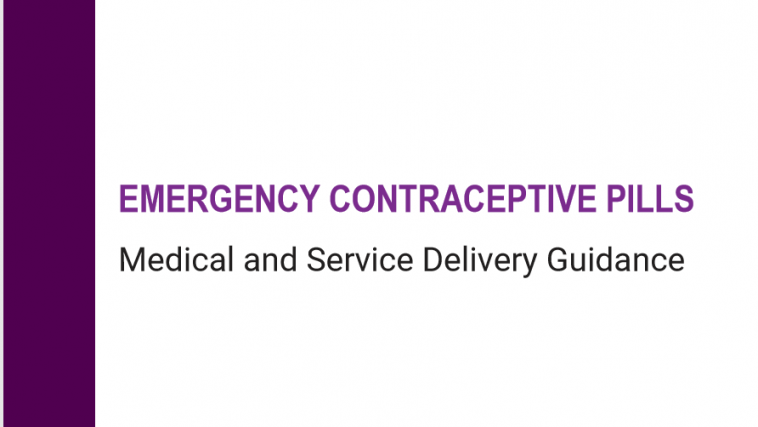Emergency Contraceptive Pills
Emergency contraception refers to contraceptive methods that can be used to prevent pregnancy after sexual intercourse.
Image

Despite the availability of highly effective methods of contraception, many pregnancies are mistimed or unintended. These pregnancies may carry a high risk of morbidity and mortality, particularly in settings where safe abortion is not accessible or where quality obstetric services are not vailable for those women continuing a pregnancy to term.
Many of these unintended pregnancies can be avoided using emergency contraception. Emergency contraception refers to contraceptive methods that can be used to prevent pregnancy after sexual intercourse. Timely access to EC methods and information is a right of all women and girls at risk of unintended pregnancy. EC methods should be routinely included in national family planning programs, and EC should be integrated into
health care services for populations most at risk of exposure to unprotected sex, including post-sexual assault care and services for women and girls in emergency and humanitarian settings.
This week FIGO endorsed the International Consortium for Emergency Contraception fourth edition of the Medical and Service Delivery Guidance for Emergency Contraceptive Pills.
Download here.